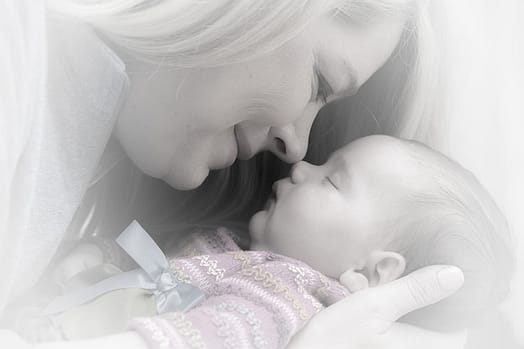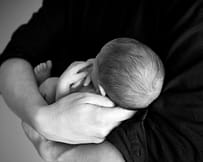Anxiety Disorder In Babies: Causes, Symptoms, And Treatment

Fears, worries or anxious feelings are common among babies and older children. Many babies experience a normal level of tension in certain situations. However, some babies experience these kinds of situations with a great sense of dread and fear. Others keep on thinking about such situations and their associated fears. No level of reassurance can help their parents to cool them down. These babies have a difficult time doing regular activities like playing, falling asleep or engaging in new things. When it starts to interfere with the life of the baby, professional intervention is necessary because it could be a sign of anxiety disorder.
What is anxiety disorder?
There are many types of anxiety disorder in babies, including generalized anxiety disorder, separation anxiety disorder, social anxiety disorder, obsessive-compulsive anxiety disorder, panic, and phobias. All of these conditions cause great distress and a low level of competency and functioning as the baby grows.
Some of the most common symptoms of anxiety disorder in babies include:
- Feeling nervous

- Unrealistic or unfounded fears
- Sleep problems
- Problems separating from their parents
- Compulsive behaviors
- Sweating, trembling, headaches, stomach aches, and other physical symptoms.
- During a sudden panic attack, a baby normally has intense physical symptoms such as a pounding heart, dizziness, numbness and tingling sensations.
What Causes Anxiety Disorders in Babies?
Anxiety disorders are normally a result of a combination of stressful situations, temperament, heredity and biochemical factors.
In certain cases, the condition is like an allergy; it is easy to identify, but only through a thorough assessment can the circumstances that led to the condition be identified and successfully treated.
Treatment
 Not getting treatment at an early stage can have an adverse impact on your baby’s development and ultimate self-esteem. Unattended anxiety disorder can ruin family relationships, derail school performance and result in more serious physical and mental problems for the baby down the road.
Not getting treatment at an early stage can have an adverse impact on your baby’s development and ultimate self-esteem. Unattended anxiety disorder can ruin family relationships, derail school performance and result in more serious physical and mental problems for the baby down the road.
As part of the examination, the psychologist or psychiatrist will discuss a personalized treatment plan for your baby. The treatment plan will probably include medication, cognitive-behavioral therapy, family therapy and parental support and education.
The role of the parent or guardian in a baby’s treatment plan is critical. Family members play a crucial role, allowing the child to develop the necessary coping skills.
Getting Help for Your Baby
Please get in touch with your doctor about your baby’s situation. If you are not sure about whether or not an examination is necessary, a health care practitioner can discuss your options with you and help you determine the right solution for you.…


